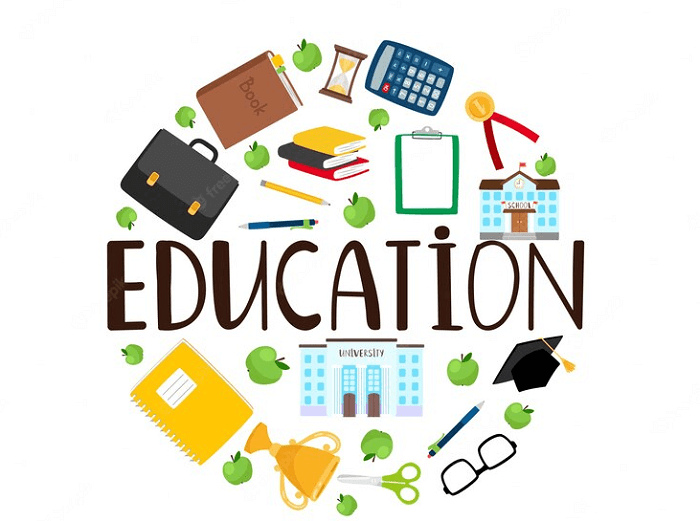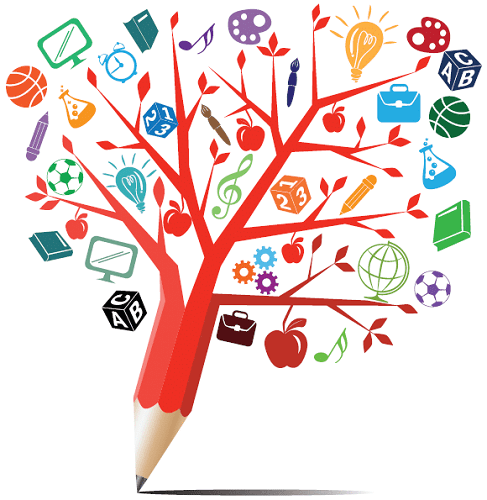Difference between Education and LiteracyEducation and Literacy are two terms that are often used interchangeably, but they are not the same thing. While both education and literacy involve learning and knowledge acquisition, there are significant differences between the two concepts. In this article, we explore some notable differences between the two. What is Education?Education is the process of learning the knowledge, abilities, values, and attitudes necessary for people to become knowledgeable, skilled, and responsible members of society. Education is a dynamic and complex process that entails not just learning new material but also fostering abilities in communication, problem-solving, and critical thinking. Education is a crucial component of self-actualization, social mobility, and economic prosperity. It plays a crucial role in promoting social cohesion, reducing inequality, and fostering democracy and human rights. 
Formal education, such as that provided by schools, colleges, and universities, non-formal education, such as that provided by apprenticeships, adult literacy programs, and vocational training, and informal education (e.g., self-directed learning, life experiences, and peer-to-peer learning) are just a few examples. Formal education is typically structured and delivered by institutions that follow a prescribed curriculum, whereas non-formal and informal education may be less structured and more flexible. In order to overcome obstacles and realize their full potential, communities, and individuals may be transformed via education. However, access to quality education is not universal, and many individuals and communities face significant barriers to accessing education. Addressing these barriers, such as poverty, discrimination, and inadequate resources, is essential to ensure that education is accessible to all and that everyone has the opportunity to realize their potential. What is Literacy?Literacy refers to the ability to read and write, as well as to use written language to communicate effectively in various contexts. A key skill that is necessary for the growth of the self, society, and economy is literacy. It is a key to lifelong learning and an essential tool for participating fully in modern society. 
In addition to reading and writing, literacy also includes the capacity to comprehend, analyze, and apply written language in a variety of settings. It includes basic literacy skills, such as decoding words and understanding grammar, as well as higher-order literacy skills, such as critical thinking, analysis, and synthesis. In addition to its practical benefits, literacy has important social and cultural significance. It is a means of preserving cultural heritage and promoting intercultural understanding. It is also an essential tool for promoting social and political empowerment, as it enables individuals to access information, express their opinions, and participate in democratic processes. Despite its significance, literacy is still a major obstacle for many people and societies worldwide. According to UNESCO, an estimated 773 million adults worldwide lack basic literacy skills, and many more struggle with functional illiteracy, which limits their ability to participate fully in society. Addressing these challenges and promoting universal literacy is an essential goal for promoting human development and social progress. Differences: Education vs. LiteracyHere's a table summarizing the main differences between education and literacy:
ConclusionIn conclusion, while education and literacy are often used interchangeably, they are not the same thing. Literacy refers specifically to the ability to read and write, while education encompasses all the formal and informal learning experiences that an individual goes through throughout their life. Education includes not only academic knowledge but also non-academic skills such as critical thinking, problem-solving, and interpersonal communication, making it a more comprehensive and holistic concept. While literacy is unquestionably a necessary ability, education is also critical for success in contemporary society since it equips people with the information and abilities they need to successfully manage the intricacies of daily life. By understanding the difference between education and literacy, we can better appreciate the importance of both personal and societal development.
Next TopicDifference between
|
 For Videos Join Our Youtube Channel: Join Now
For Videos Join Our Youtube Channel: Join Now
Feedback
- Send your Feedback to [email protected]
Help Others, Please Share










